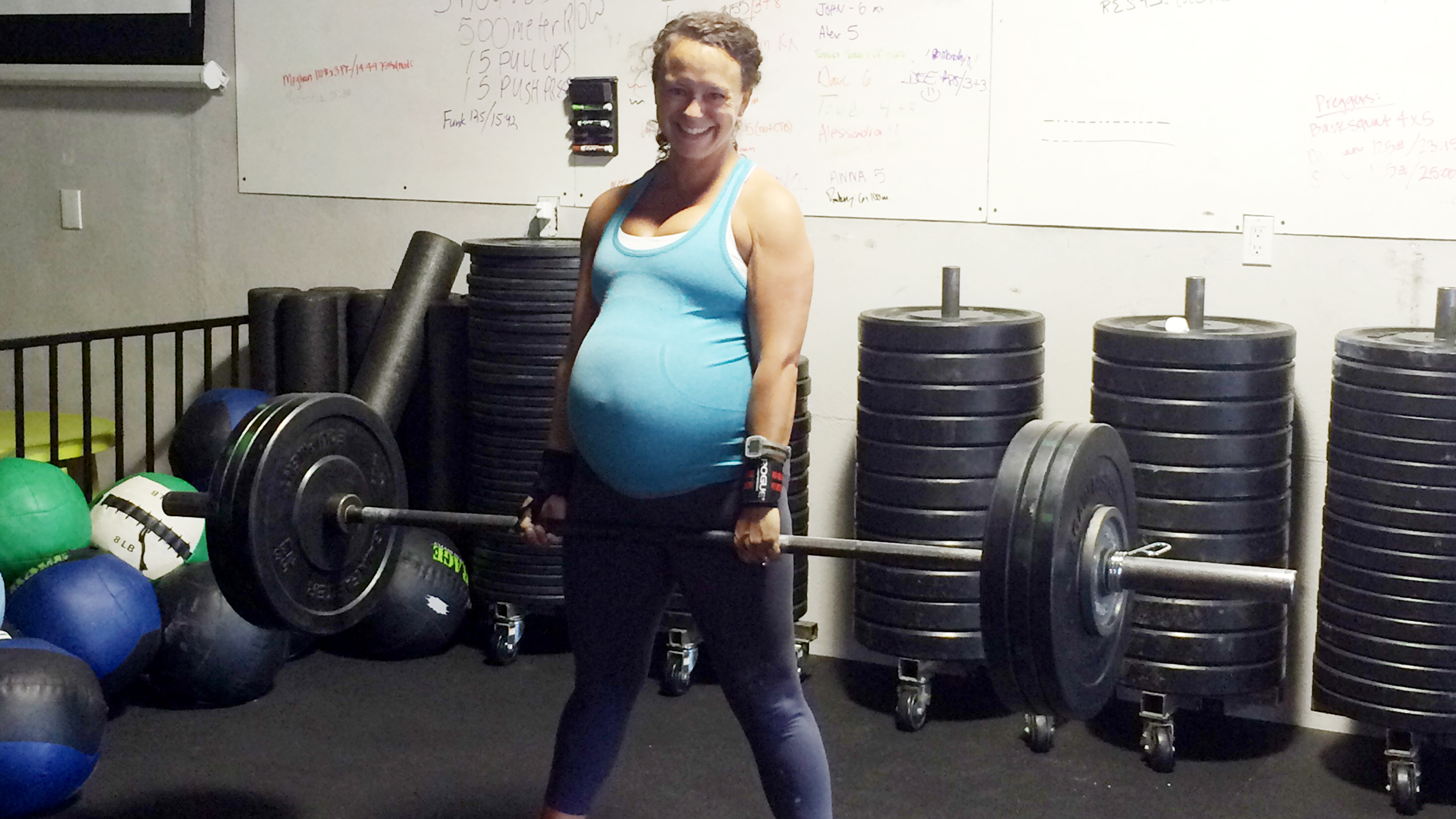
It is not true that you can harm your fetus by lifting something heavy. Because of the changes in your body lifting may compound the already uncomfortable and possibly unstable body parts.

The main risks are muscle strains pulled muscles and muscle aches but you could also suffer a fall.
Lifting heavy objects during pregnancy. Because of the changes in your body lifting may compound the already uncomfortable and possibly unstable body parts. Essentially your skeletal support system changes during pregnancy making you more vulnerable to strains or other problems. Liftingpregnant or notcan be problematic in general.
Depending on the weight of the lifted object the way your lift and whether you deal with past injury lifting. The risk for pregnant women who lift heavy objects is that they will hurt themselves not the developing baby. The main risks are muscle strains pulled muscles and muscle aches but you could also suffer a fall.
As with all things heavy lifting during pregnancy is a personal choice based on individual circumstances. If you were a professional body builder pre-pregnancy your body will be used to lifting. Scale back on lifting heavy objects as your pregnancy advances.
If you have no complications you occasionally can lift items that weigh more than 50 pounds up until the 20th week of your pregnancy. Its generally safe to occasionally lift items that weigh between 25 and 50 pounds up until your 30th week. You should be able to safely lift items that weigh 25 pounds or less for the length of your pregnancy.
Lifting Heavy Objects During Pregnancy When youre expecting your joints lose some of their stability and your ligaments loosen so its very easy to hurt yourself. As your bump grows this also changes your center of gravity putting extra pressure on the lower back and making it more susceptible to strainparticularly when youre lifting a heavy item. From a medical standpoint however there isnt a lot of solid data about the risk to mother and baby regarding lifting during pregnancy.
Some studies have suggested an increased risk in preterm delivery in women working jobs that require high exertion such as heavy manual lifting. Another study suggested frequent lifting of heavy objects by women who didnt work outside the home but not by women who lifted. Lifting too heavy weights during the early pregnancy is dangerous.
During the first 12 weeks of pregnancy if too heavy objects are lifted then there are higher chances of miscarriage which gradually decreases after 22 weeks of pregnancy. Also there are chances of pelvic damage strains and risky falls due to the imbalance of the body during this phase. Its best to skip lifting heavy objects.
Heavy lifting standing for long periods of time or bending a lot during pregnancy could increase your chances of miscarriage preterm birth or injury during pregnancy. High physical demands at work have also been associated with menstrual disorders which might reflect reduced fertility. Here you can learn more about physical factors and what you can do to reduce your exposure for a.
Heavy lifting is not dangerous for your baby but once your belly. Should i avoid lifting heavy objects while pregnant Ask doctors free. As a general guideline dont lift anything heavier than 20 pounds if youre pregnant though your doctor may be more lax about this limit if you were already accustomed to lifting heavy objects before getting pregnant.
But be careful whenever you carry heavy objects especially as your pregnancy progresses. So adding weights to this routine could spell disaster especially when the weights are raised above your head. Lifting heavy weights during pregnancy may lead to premature labour.
You can also harm your baby even when you do carry to full term because the heavy lifting can cause your baby to have a low birth weight. Added risks from heavy lifting It is uncertain whether or not heavy lifting at work while pregnant puts women at increased risk of miscarriage preterm delivery or small for gestational age. It is possible that heavy lifting has no effect on these outcomes but the balance of evidence suggests a very small increase in risk for all three outcomes.
Stand with your feet about a foot apart. Bend at the knees not at the waist and lift with your arms and legs rather than with your back. It is not true that you can harm your fetus by lifting something heavy.
You cannot dislodge it or tear the placenta from the wall of the uterus. Mums can be picking up objects toys babies and older children literally all day long. During pregnancy to prevent back pain and an increasing diastasis ab.
My doctor said that heavy lifting does not cause miscarriage because the embryo is supposedly protected behind the strong pelvis. But I think that.